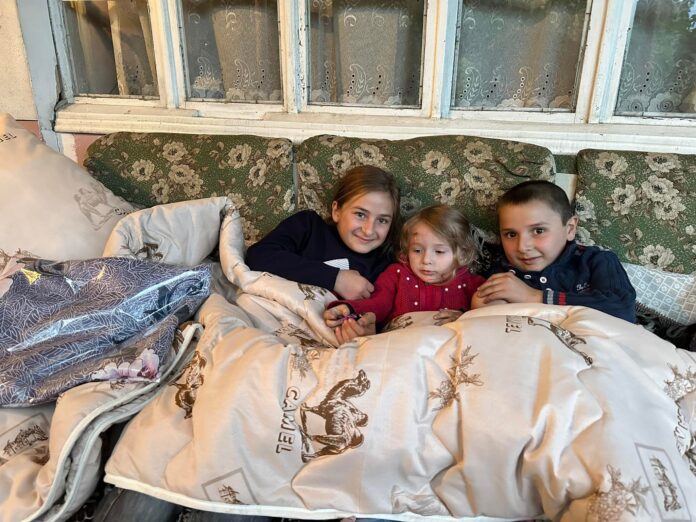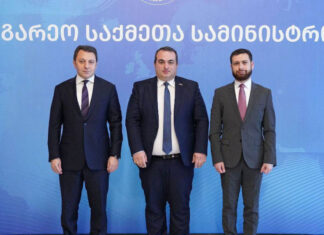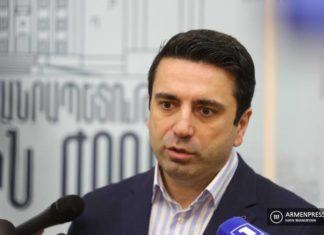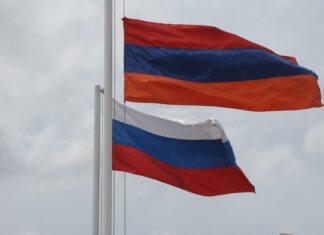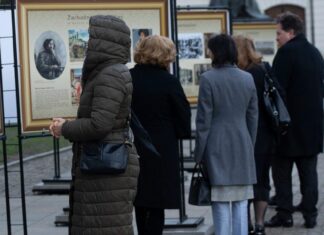FRANKFURT, Germany — In response to the humanitarian catastrophe created by Azerbaijan’s forced expulsion of over 100,000 Armenians from Artsakh, Armenians in Germany have been working with German organizations to supply urgent relief. In the forefront of efforts has been the Armenian Embassy in Berlin, working with Armenian-German groups and church communities.
Refugees streaming into Armenia need everything: material help above all, a place to sleep and reside, basic supplies like energy, heat, bedding and food, but also psychological support and professional assistance to deal with the effects of trauma.
Energy, Light, and Bedding
Already in October, immediately after the expulsion of Armenians from Artsakh, organizations in Germany responded to Armenia’s call to the European Union for assistance. The Agency for Technical Relief (THW) Logistics Center in the city of Ulm, directed by Bernd Urban, organized the transportation of relief goods including 50 electrical power units and 520 sleeping bags for refugees.
These goods were sent first to a THW center in Bavaria, where tents, lighting equipment and field beds were added, the entire shipment worth 450,000 Euro, Urban said. The final transport to Armenia went by air freight.
Psychological Support



